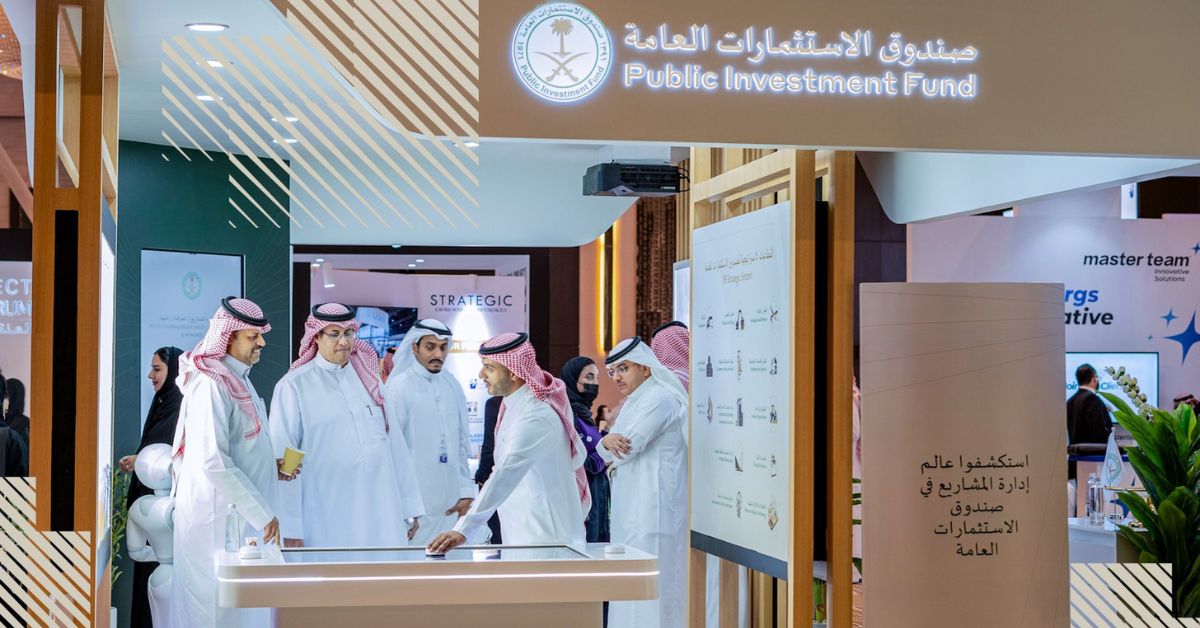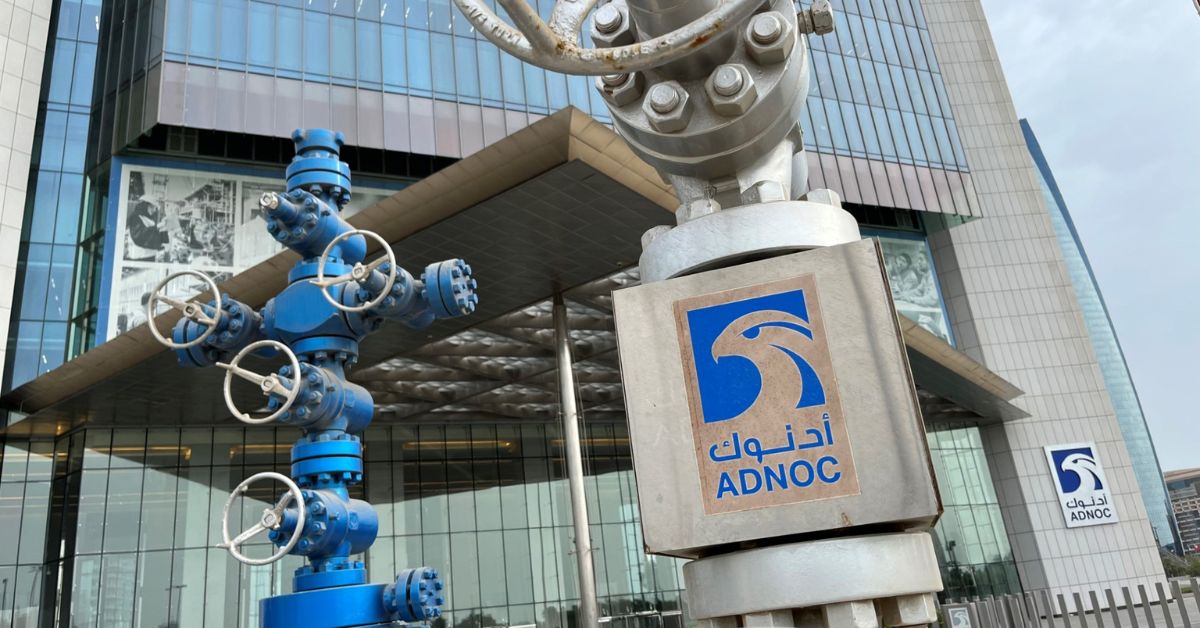DUBAI, UAE — Middle Eastern companies’ ambitions are growing in light of their attempts at acquisitions worldwide, ranging from one of Europe’s largest plastics producers to significant mining operations. Reports of potential deals worth nearly US$20 billion have emerged in the past few days.
According to Bloomberg, the Abu Dhabi-based energy giant ADNOC held preliminary talks with the German chemical manufacturer Covestro, resulting in a record jump in its shares. The Emirati firm is considering submitting an offer worth approximately US$12 billion, which would be its largest foreign acquisition to date.
Moreover, the Saudi sovereign fund is in advanced talks to acquire a nearly $2.5 billion stake in Vale’s base metals unit. This is part of the country’s plan to invest globally in iron ore, copper, nickel, and lithium assets. Niu, a Chinese electric vehicle manufacturer, also announced an investment of $739 million from an Abu Dhabi government arm.
According to Bloomberg, AviLease is in advanced talks to acquire Standard Chartered’s US$3.5 billion aircraft financing arm. On the other hand, ADQ, one of Abu Dhabi’s sovereign funds, failed to buy Lazard in recent months, according to people familiar with the matter.
The GCC countries are eager to take advantage of recent high oil prices by purchasing global assets and diversifying their economies. Etisalat (e&) has recently acquired a sizable stake in Vodafone Group, hoping to acquire some of the British telecom group’s select assets.
Last month, Mubadala Investment agreed to acquire a controlling stake in Fortress Investment Group. The Saudi Public Investment Fund (PIF) has also financed several businesses and encouraged them to seek global acquisitions in industries ranging from aviation and tourism to sports and video games.
It’s worth noting that a total of 632 M&A (mergers and acquisitions) deals were recorded in the Middle East in 2022, out of which 89 percent, or 563 deals, were collectively recorded in Saudi Arabia, the UAE, and Egypt, according to a report by PwC Middle East.
Private equity investors and sovereign wealth funds were the region’s primary drivers of deal activity. This was further aided by historically high oil prices and increased liquidity due to multiple fiscal reforms.

In the UAE, deal activity was concentrated in consumer markets, technology, financial services, and industrial services, emphasizing the need to diversify away from oil and gas.
In Saudi Arabia, the PIF completed significant transactions in 2022, including a US$1.5 billion acquisition of a 17 percent stake in Saudi Arabia’s Kingdom Holding Co; a $150 million acquisition of a 34 percent stake in Egypt’s BTech consumer electronics company through its Egyptian affiliate; and a $250 million acquisition of a 30 percent stake in district cooling provider Saudi Tabreed, a subsidiary of the UAE-listed National Central Cooling Co.
According to the PwC report, this momentum is expected to continue into 2023. Much depends, however, on whether the GCC can avoid the worst effects of the global slowdown while also allowing SWFs and other Middle Eastern investors to use their competitive advantage to invest in the US and Europe and help drive the region’s transformation.








